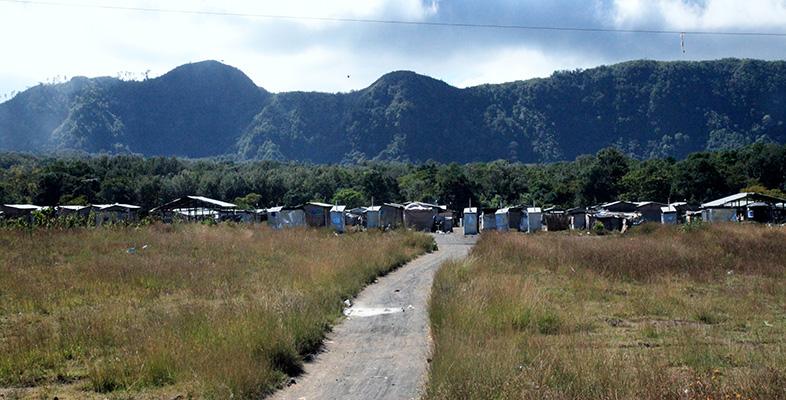Home » Course Layouts » Free Course Layout Udemy
The words 'refugee' and 'asylum seeker' have a wide variety of connotations in Britain, many of them negative.
0
51
English
English [CC]
FREE
- Learn basic syntax that can apply to any language.
- Learn what is a programming language and the basic concepts for beginners.
- Understand what is Javascript in it's truest form.
- Know the basic syntax of Javascript.
- Know some hidden quirks in Javascript.
Description
This course, Who counts as a refugee?, explores how changing social policy and terminology help to shape, and are shaped by, the experiences of people seeking asylum in the UK.
Course learning outcomes
After studying this course, you should be able to:
- Understand changing constructions of ‘refugees’ and ‘asylum seekers’ over the last century
- Identify ways in which the study of refugees and asylum seekers raises profound questions about the basis and legitimacy of claims for ‘citizenship’
- Understand how the personal lives of refugees and asylum seekers have been shaped by social policy that constructs them as ‘other’
- Understand how refugees and asylum seekers have negotiated and resisted these effects and themselves shaped social policy
- Understand how ‘knowledge’ about refugees and asylum seekers is produced and reproduced through research.
Course content
- Introduction 00:05:00
- Learning outcomes 00:07:00
- The aspects and meanings of citizenship 00:20:00
- Personal lives 00:40:00
- Social policy and citizenship 00:20:00
-
- The context and significance of the historical moments under consideration 00:25:00
- Feminist perspectives: who counts as a refugee? 00:30:00
-
- Post-structuralist perspectives: the production of social meaning 00:30:00
- National identity and diasporic citizenship 00:25:00
- Legal status and belonging 00:10:00
- What would you include in such a test? 00:15:00
- ‘Maybe you can look, but you cannot touch’: asylum and restricting access to welfare 00:15:00
- ‘No-choice’ dispersal 00:15:00
- Shopping with ‘vouchers’ 00:30:00
- Citizenship as ‘participation in social life’ 00:25:00
N.A
- 5 stars0
- 4 stars0
- 3 stars0
- 2 stars0
- 1 stars0
No Reviews found for this course.
Instructor
Open University UK
4.8
4.8
14
42473
1068
Explore Free Courses
Access valuable knowledge without any cost.
{"title":"","show_title":"0","post_type":"course","taxonomy":"course-cat","term":"engineering-skills,health-and-safety","post_ids":"","course_style":"free","featured_style":"course6","masonry":"","grid_columns":"clear4 col-md-3","column_width":"268","gutter":"30","grid_number":"4","infinite":"","pagination":"","grid_excerpt_length":"20","grid_link":"1","grid_search":"0","course_type":"","css_class":"","container_css":"","custom_css":""}












